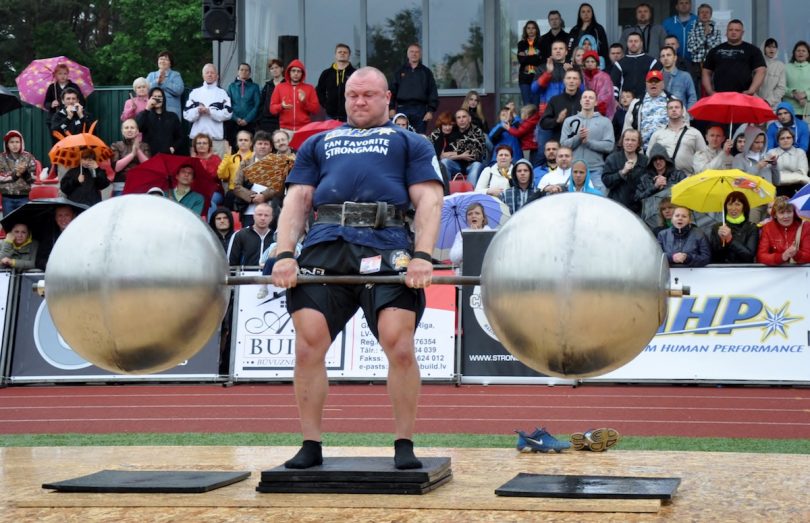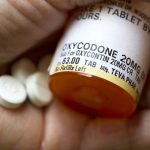Research conducted by scientists from Caltech, the Wharton School, Western University, and ZRT Laboratory tested the theory that higher testosterone levels increase the tendency in guys to depend on their spontaneous judgments and reduce intellectual representation, a choice making process through which an individual stops to consider whether their gut response to anything is sensible. The researchers discovered that males given doses of testosterone done more badly on a test designed to measure intellectual representation than the usual group given a placebo. The research may appear within an upcoming problem of the journal Psychological Science. The study, which is among the biggest of its kind ever performed, involved 243 males have been randomly selected to get a dose of testosterone gel or placebo gel prior to taking a cognitive reflection test.
“What we found was the testosterone group was quicker to make snap judgments on brain teasers where your initial guess is usually wrong,” says Caltech’s Colin Camerer, the Robert Kirby Professor of Behavioral Economics and T&C Chen Center for Social and Decision Neuroscience Leadership Chair. “The testosterone is either inhibiting the process of mentally checking your work or increasing the intuitive feeling that ‘I’m definitely right.'”
A mathematics task was given to control for participant involvement, determination level, and fundamental mathematics skills. The concerns involved on the intellectual representation test are summarized by the following: A bat and a ball cost $1.10 in total. The bat costs $1 greater than the ball. How much does the ball cost? For many individuals, the first answer which comes to mind is the ball costs 10 cents, but that is incorrect since then the bat costs only 90 cents greater than the ball. The correct answer is the ball costs 5 pennies and the bat costs $1.05. An individual predisposed towards relying upon their gut instincts will be more prone to accept their first answer of 10 cents.
Nevertheless, another person may recognize their initial error through intellectual representation and show up with the correct answer. Participants weren’t limited on time while taking the test and were offered $1 for every correct answer and one more $2 if they responded all the questions correctly. The results show that the group which received testosterone scored significantly less than the group which received the placebo, on average answering 20 percent fewer questions correctly. The testosterone group also gave incorrect solutions more rapidly, and right answers of slower than the placebo group, the authors write. The same effect wasn’t seen in the link between the basic mathematics tests administered to both groups.
The outcomes show a definite and robust causal impact of on human knowledge and decision making, they determine. The scientists believe that the phenomenon they have observed may be connected to testosterone effect of growing confidence in humans. Testosterone is thought to usually enhance male drive for social status and latest research has shown that confidence improves status. We think it operates through assurance improvement. If you are more confident, you will seem like you are right and won’t have sufficient self doubt to correct errors, Camerer says. Camerer says the outcomes of the study raise concerns regarding potential bad effects of the growing testosterone replacement treatment business, which is mainly aimed at treating the decrease in sexual drive several middle aged men experience.
“If men want more testosterone to increase sex drive, are there other effects? Do these men become too mentally bold and thinking they know things they don’t?”
More from Things Health
-
Own a Pet? There May Be More Benefits Than You Think!
A lot of families enjoy the company of pets, but could those dogs and cats be contributing to better health? A recent study done by…
-
Wine or Beer: Which is Better for You?
When ordering a drink, do you go for a glass of wine or an ice cold bottle of beer? Whether you enjoy the richness of…
-
Americans use more opioids than anyone else in the world
The number of opioid prescriptions has decreased in the past few years, after more than a decade of explosive growth. Although reducing the number of…
-
Visual Signs of Poor Health That You Probably Ignore (But Shouldn't)
We often think that being diagnosed with an illness such as diabetes, heart disease, stroke or cancer as something that happens out of the blue.…
-
7 Deadly Diseases That Afflict Black Americans
There are 7 deadly diseases that affect more black Americans than white Americans. These diseases hit harder and occur more often in the said demographic.…


















